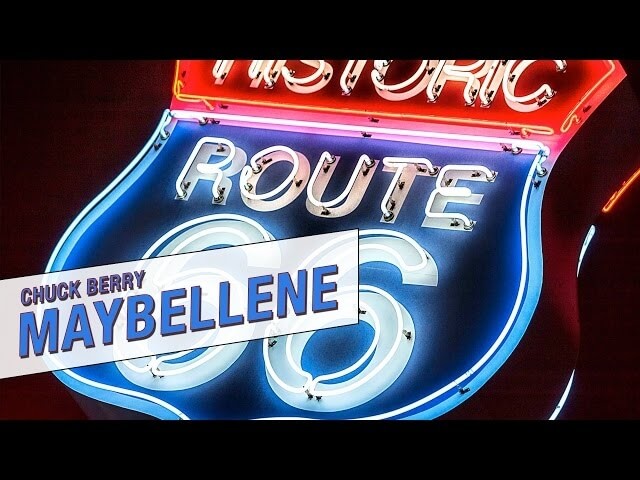R.I.P. Chuck Berry

One of the founding pillars of rock and roll has crumbled today, with Pitchfork and other outlets reporting the death of Chuck Berry. Berry, 90, influenced basically every major rock star of the last 70 years, refining elements of rhythm and blues and country into a showy, rollicking, virtuosic beast that invited white audiences into a predominantly black musical world. Berry achieved lifetime achievement awards more than a lifetime ago, was one of the first men inducted into the Rock And Roll Hall Of Fame, and carries the distinction of being the only rock musician to have a single currently floating somewhere in interstellar space.
Raised in Missouri, Berry famously turned to music after getting arrested as a teenager, for stealing a car at gunpoint. In 1950, he recorded his first song, “Maybellene,” a fast-moving riff on the old R&B standard “Ida Red.” The song sold more than a million copies, transforming the self-described “black hillbilly” into an overnight sensation, a rise only amplified by his distinctive and energetic on-stage performances. More hits quickly followed, including “Roll Over, Beethoven,” “School Days,” and “Johnny B. Goode,” the only rock song to be included on the Voyager Gold Record time capsule that was launched into space in 1977. (Not to mention the eventual source of a million Back To The Future jokes about his fictitious cousin, Marvin.)
In 1959, Berry’s career skidded into the dirt, though, when he was arrested for transporting a 14-year-old girl across state lines. Berry would eventually serve 18 months in prison on charges relating to the arrest, after appealing an original five-year sentence. The conviction tarnished his reputation and halted the momentum of his career, but the rapid adoption of his music by British invasion artists—including The Beatles and The Rolling Stones—meant there would still be a receptive audience waiting for him when he was eventually released.
This second phase of his career included eight more hit singles, including “Nadine” and “You Never Can Tell.” But this period also heralded a downturn in Berry’s celebrated skill as a performer. Convinced that there was nowhere in America he could tour where at least one backing band wouldn’t know his music by heart, he began playing shows with nothing but his Gibson at his side, assembling local musicians for half-hearted, unrehearsed performances that left crowds cold. His only hit from this period—which stretched well into the 1970s and ’80s—was the ridiculous (and still ridiculously catchy) novelty song “My Ding-A-Ling,” and despite the enduring power of the Berry name, he gained a reputation for eccentricity and difficulty. (Taylor Hackford captured some of that erratic behavior in his 1987 documentary Hail! Hail! Rock ‘n’ Roll.)
Berry set much of the template for the modern rock star; not just in his music, but in his role as someone whose talents as a performer battled constantly with his failings as a man. Beyond his difficulties with other musicians, his career was hounded by lurid implications and rumors about his sexual proclivities; not just the 1959 case, but a 1990 class-action settlement with the women who worked at his Missouri restaurant, who claimed that he installed hidden cameras to spy on them.
All of those whispers and accusations will remain part of his legacy, standing alongside some of the most enduring music of the 20th century. Tireless, Berry continued playing publicly until 2014, until he eventually retired at the age of 87. Last year, he announced that he was working on a new album, set to be released some time this year. His energy, his style, and his talent for self-destruction are still embedded in the rise and fall of every rocker to take the stage with swagger and style and a guitar in their hand, and his music will endure well beyond his death, floating out into the stars.